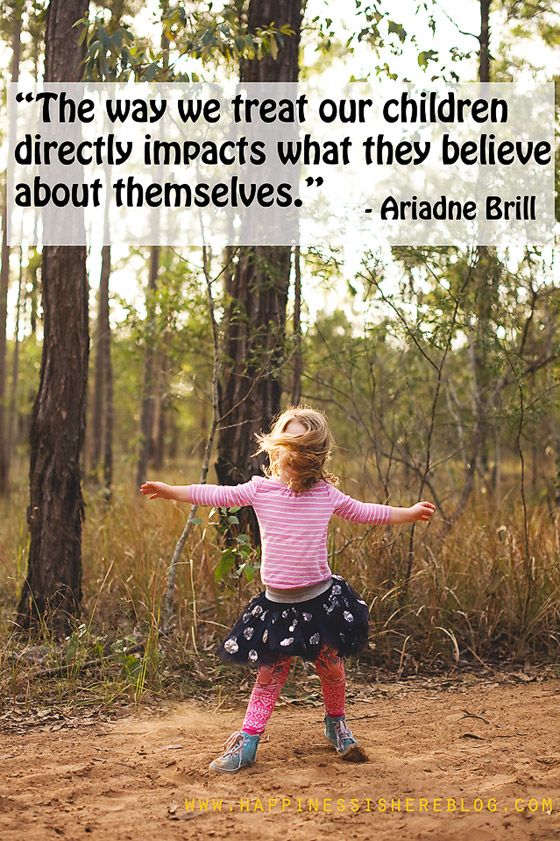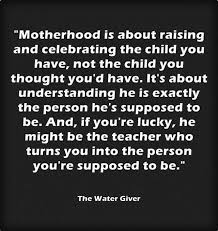Mrs. Charles Brown filed for divorce yesterday in family court citing irreconcilable differences in her marriage of four years. “Who wants to be married to a kid who was bald all the way back in elementary school?” she asked. “And every time I needed change for the dryer, my husband had spent all our nickels on psychotherapy.”
Mr. Brown pointed out that he and Lucy were “just good friends” and that of course he knew that his dog was a beagle, not a World War I fighting ace piloting a Sopwith Camel.
“It’s a little late in the day for that,” Mrs. Brown countered. “I wish he had never gotten up the nerve to talk to me all those years ago.”

We have been rooting for Charlie Brown for over half a century. We have rooted for Charlie Brown to be able to experience the joy of successfully flying a kite. We have rooted for Charlie Brown to be able to experience kicking the football. We have desperately rooted for Charlie Brown to be able to talk to the Little Red-Haired Girl: just to say hello, to ask to carry her books, to connect with her, have a conversation.
Could we communicate to Charlie Brown that Lucy is never going to hold the football so that he can kick it? (She offers him an affidavit, promising that she will indeed hold the football. But it turns out that the affidavit is not notarized.) Could we help Charlie Brown understand that his kite is always going to end up in the kite eating tree? Would it be possible to take Charlie Brown to an open field with fewer kite eating trees? And most importantly, could we teach Charlie Brown a few phrases so that he would have something to say to The Little Red-Haired Girl and The Little Red-Haired Girl would talk to him? Or should we acknowledge that it’s just never going to work out between him and The Little Red-Haired Girl? Not long range anyway. He’s just too shy. And The Little Red-Haired Girl feels that she is meant for better things. (The reality is that she has always been enamored with bad boys. That three years later, The Little Red-Haired Girl is getting divorced again—this time from Dennis Mitchell—is the subject of a subsequent column.)

It goes without saying that there is a little Charlie Brown in all of us. Our identification makes us squirm when he invariably comes up sad and short. Why is it so difficult for us as loving parents to accept that there is also a little Charlie Brown in our beloved children?
Our best strategy is to accept Charlie Brown for who he is—well intentioned, unlucky, socially inept. Because a short-term intervention may have negative consequences in the long run. Charlie Brown thinks he will be happy “if only.” If only his kite would soar unfettered into the sky uncaptured by the kite eating tree. If only he got candy instead of a rock for trick or treat. If only Lucy would hold the football. If only he had the social skills to talk to The Little Red-Haired Girl.

What we can do is help Charlie Brown accept himself. Indeed, he has wonderful qualities—being the winning pitcher in a baseball game not among them. Charlie Brown deserves our respect and support. But we shouldn’t expect that we can change him. Only by understanding who he is and coming to terms with himself can he find contentment.




One thought on “Mr. and Mrs. Charles Brown”
Very sweet.
We think of Charles Brown as failing because he reveals his thoughts and feelings of frustration,
and we sympathize with those, knowing our own limitations. But, and here is a lesson for parents
as well, he also has strengths and accomplishments that we don’t see recognized either by his
parents or the other kids: he faithfully takes care of his dog and has a sense of his dog’s inner life.
Although he experiences and remembers the frustrations of losing, still he is the pitcher and
evidently the organization of his baseball team. He is out on the field rain or shine and gets other
kids, including Lucy, to come out and play. I’d say he has a lot of potential and that the little red-headed
girl might have had a good catch in him. But you’re probably right that she would have stuck it out.